Watch
Article: 2025 Kafatos Lecture Announcement
Article: Interview with May-Britt Moser, February 2025
See Photo Gallery below
All images: Vincenzo Lullo/EMBL
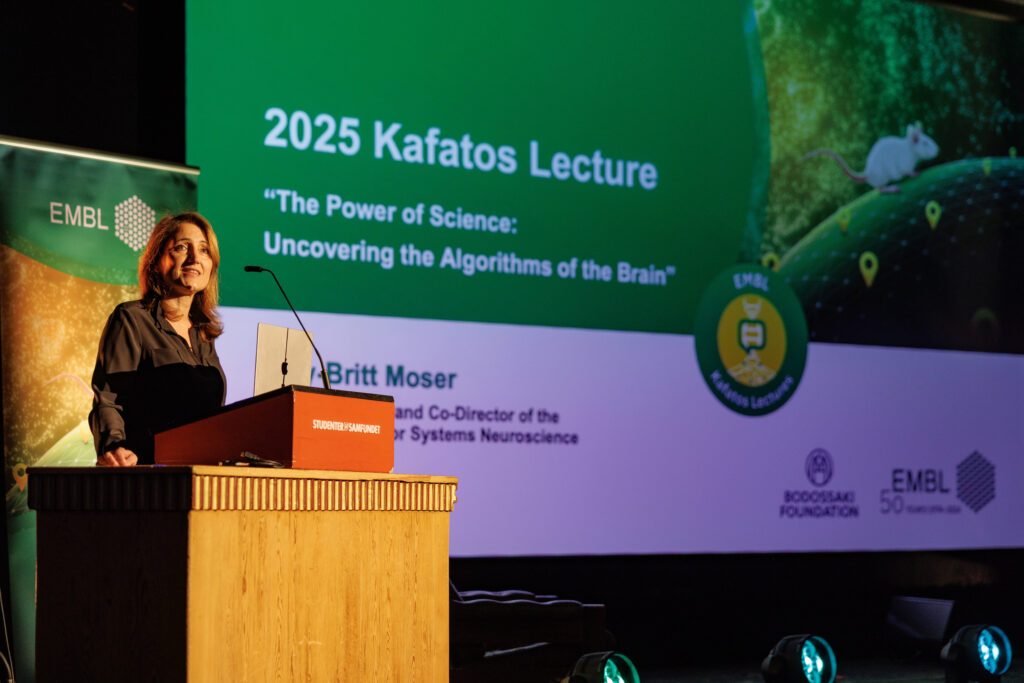
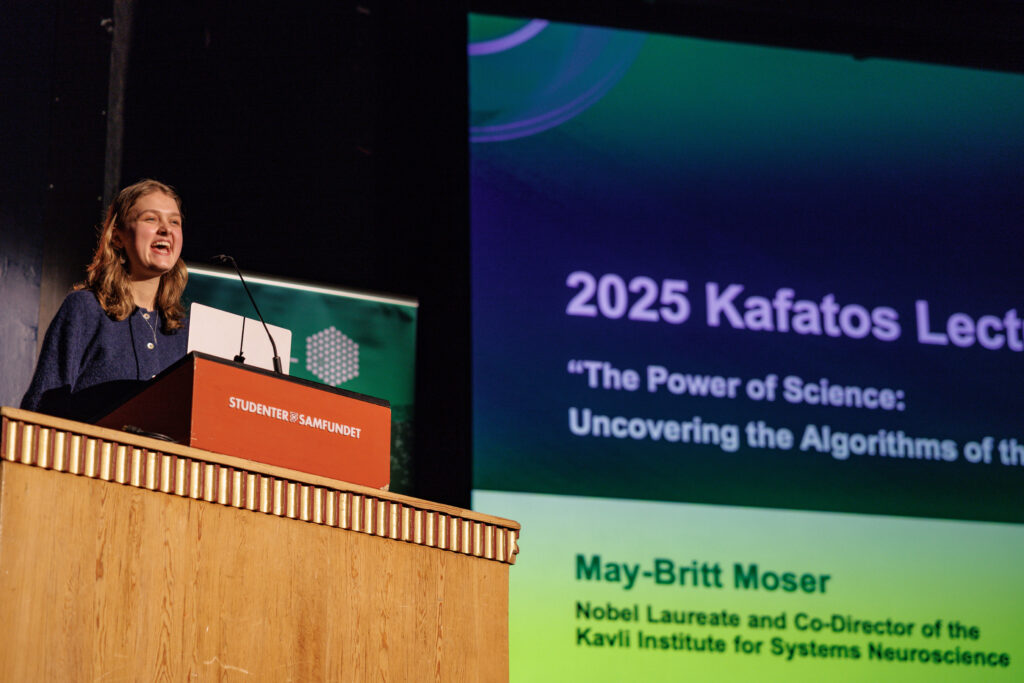
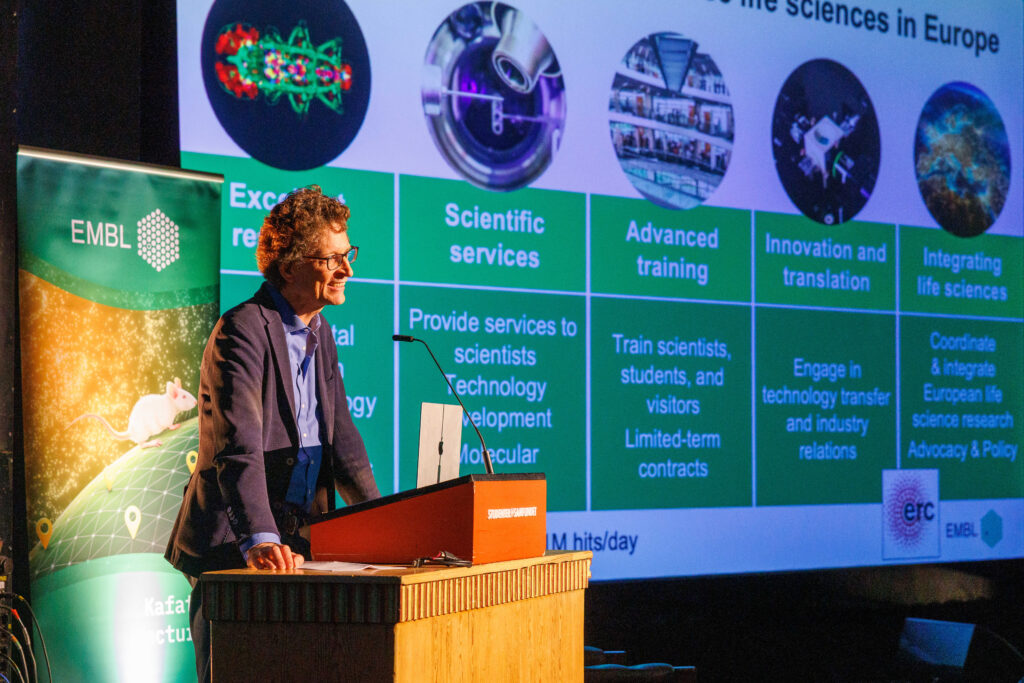
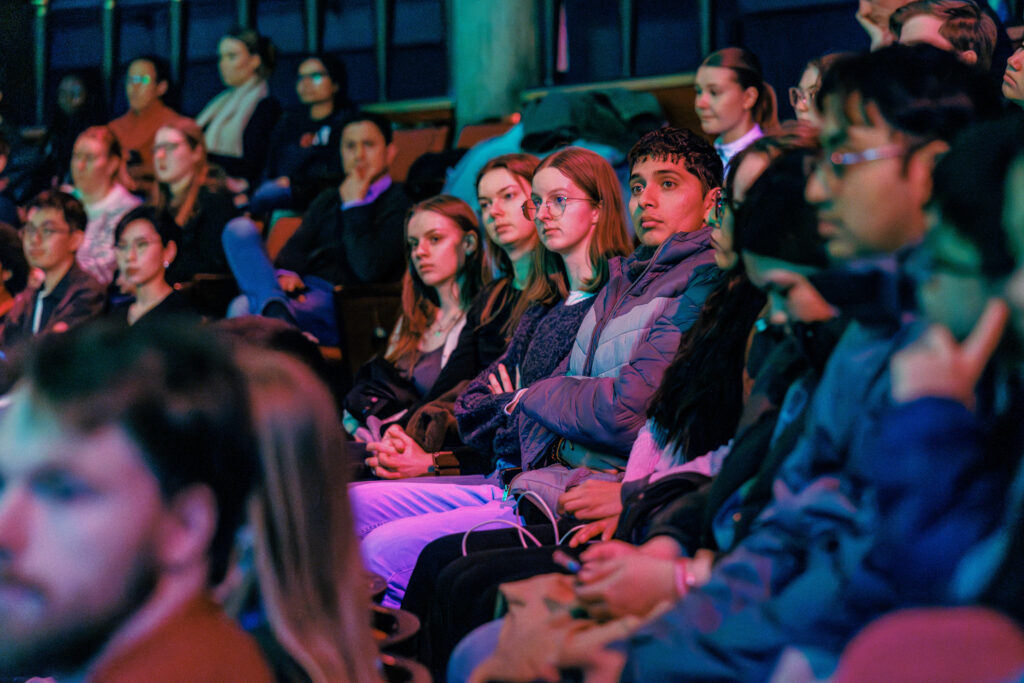
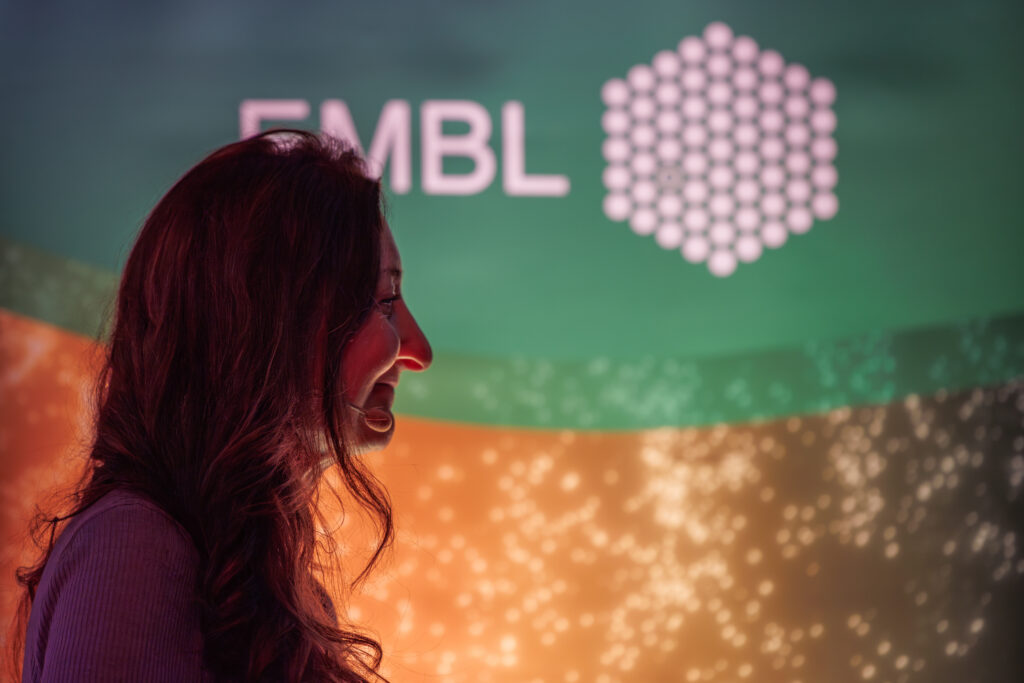
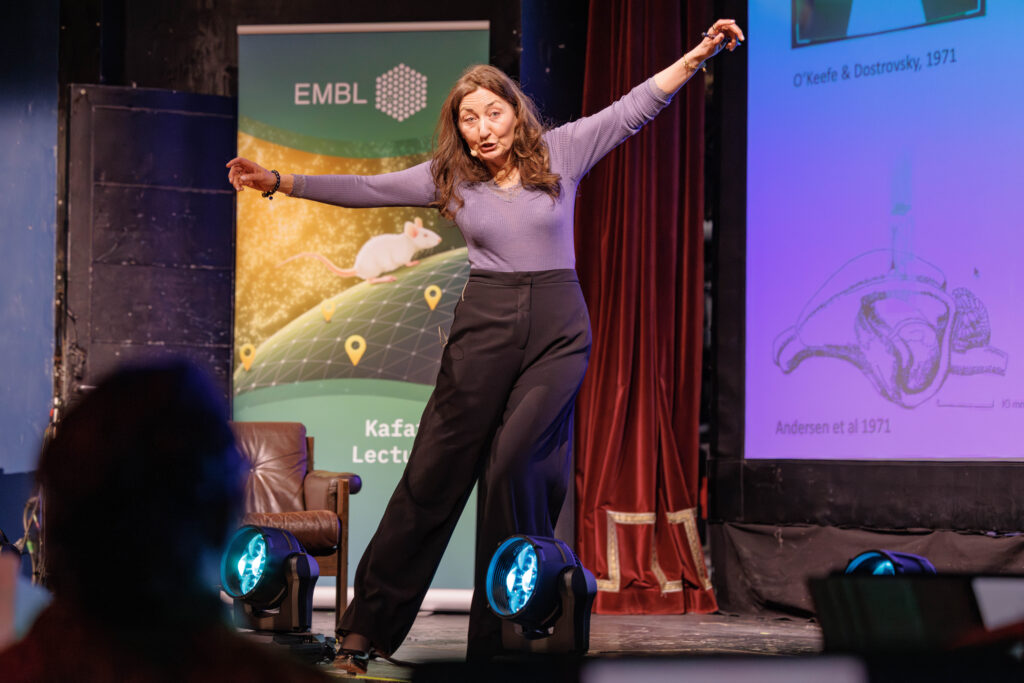
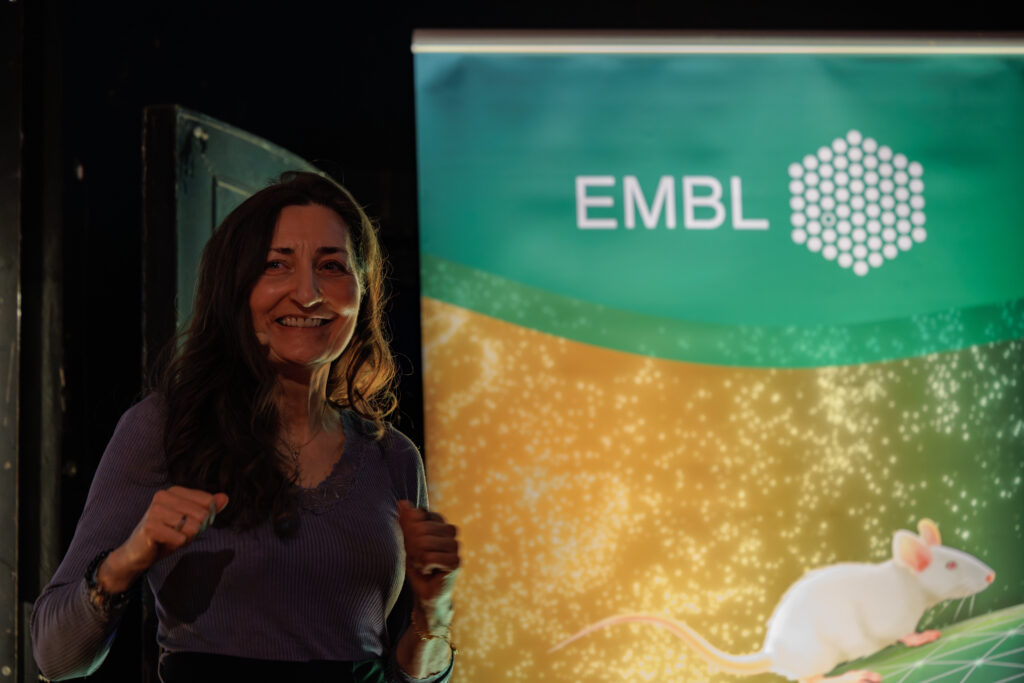

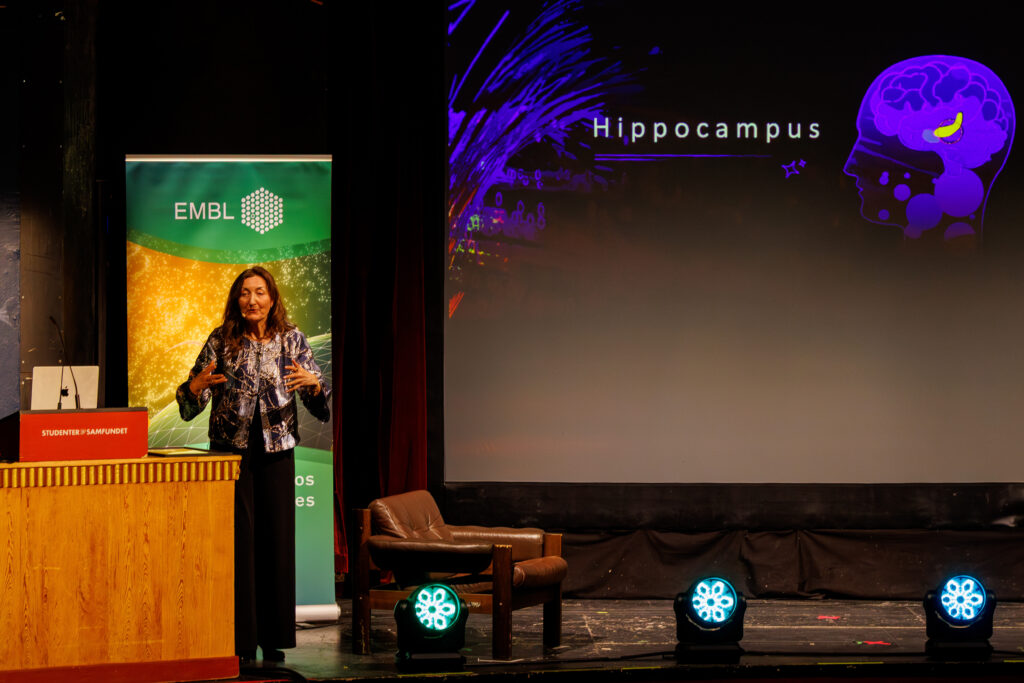
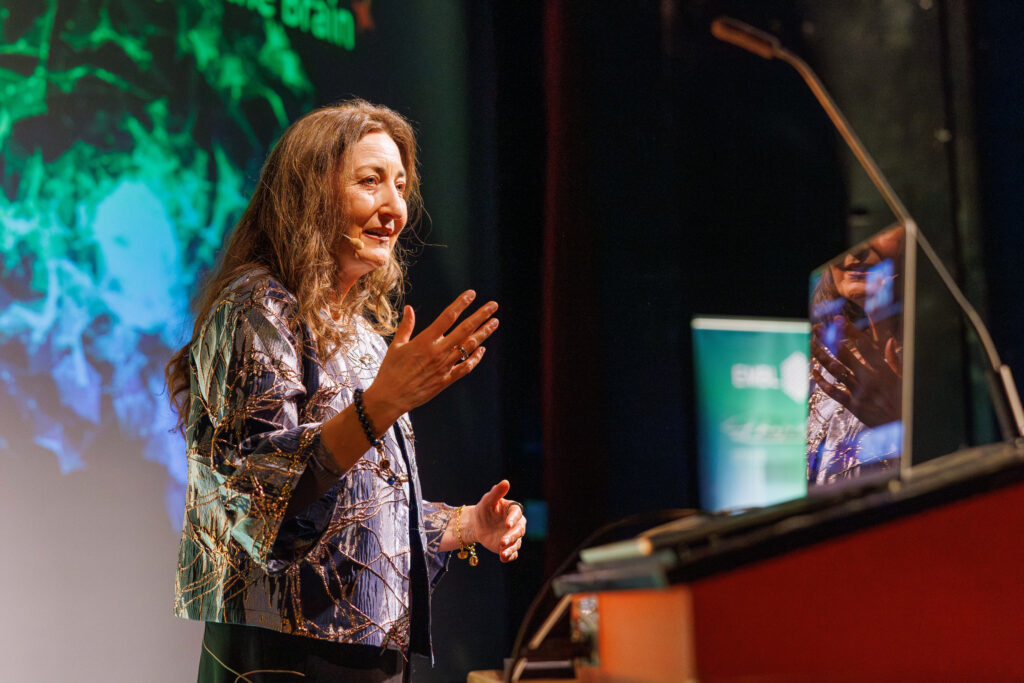
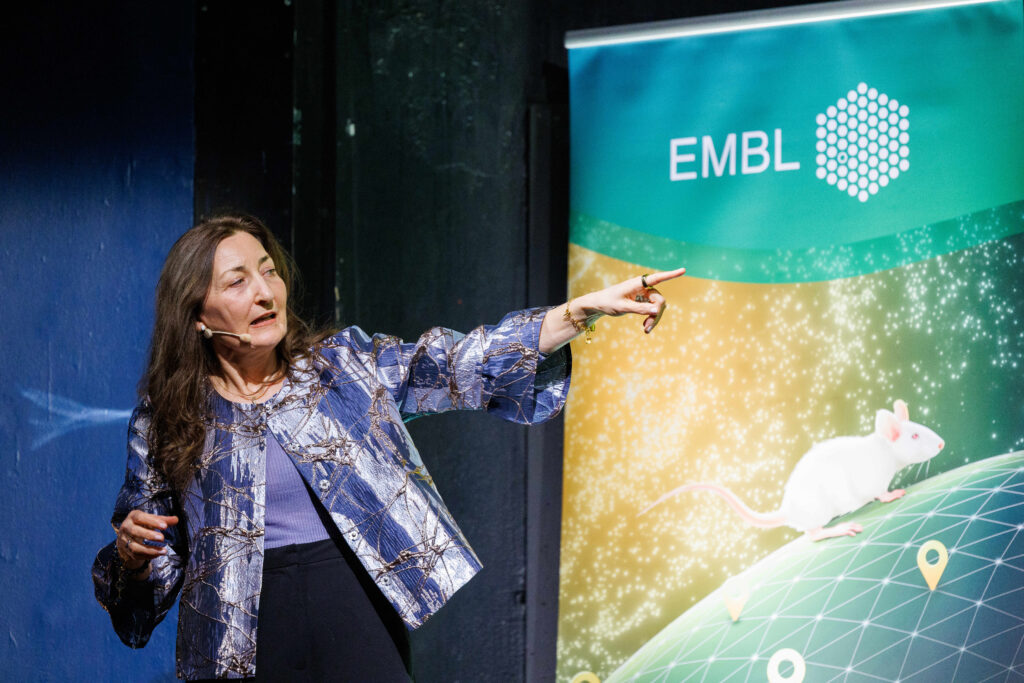
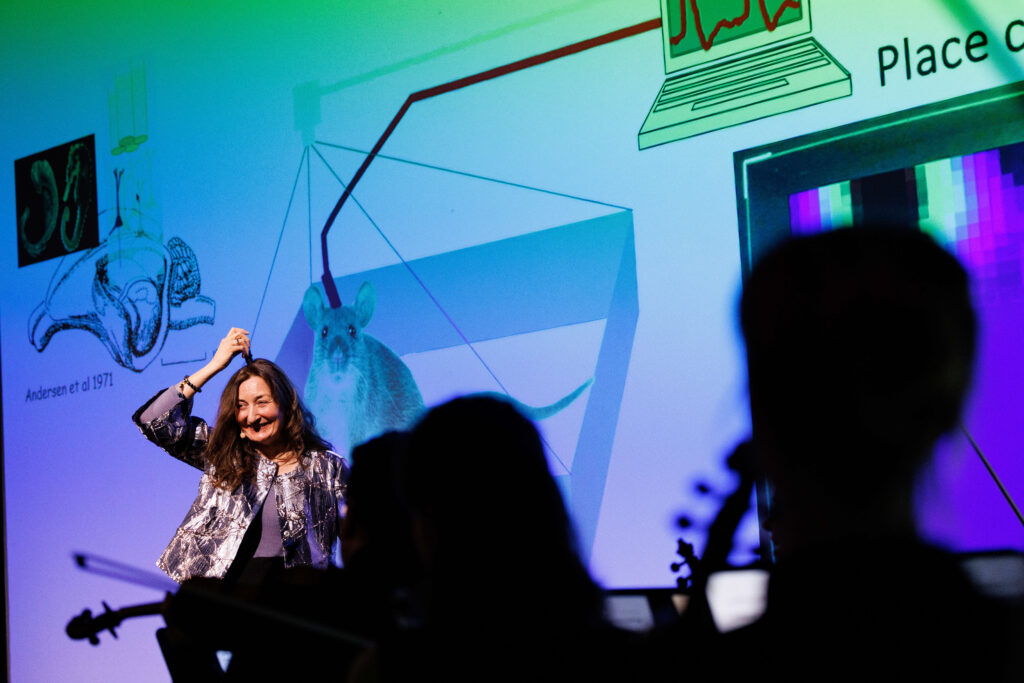
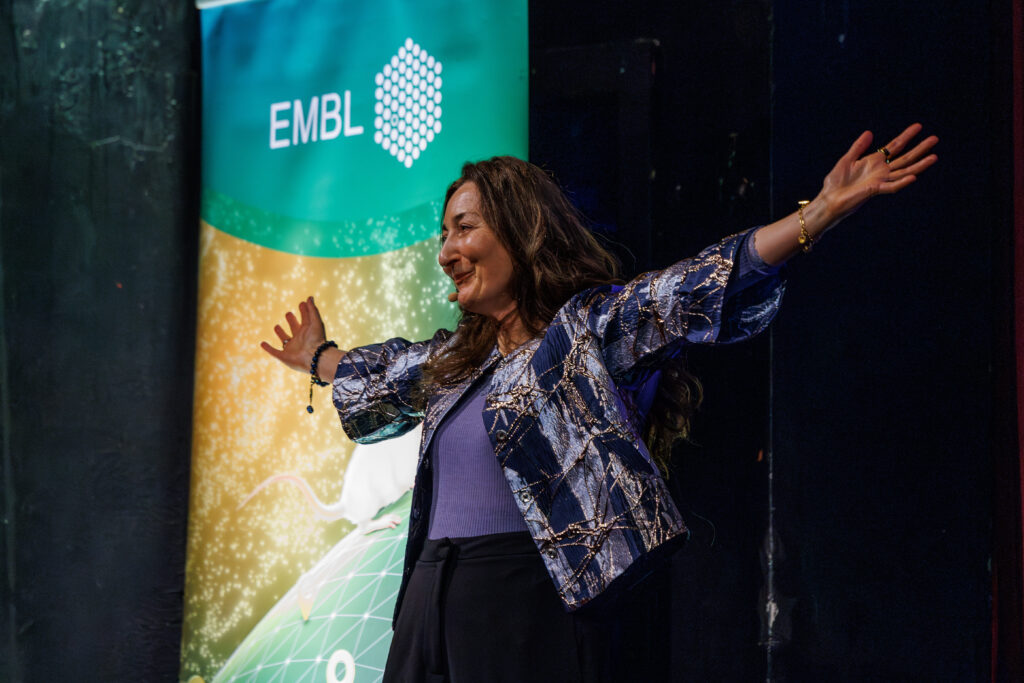
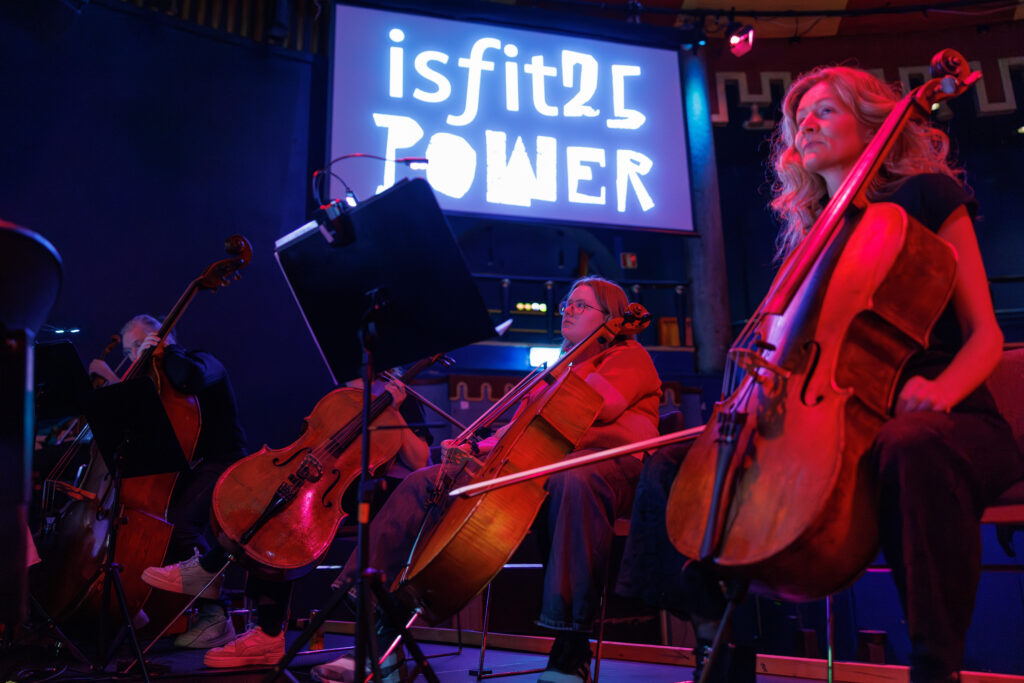
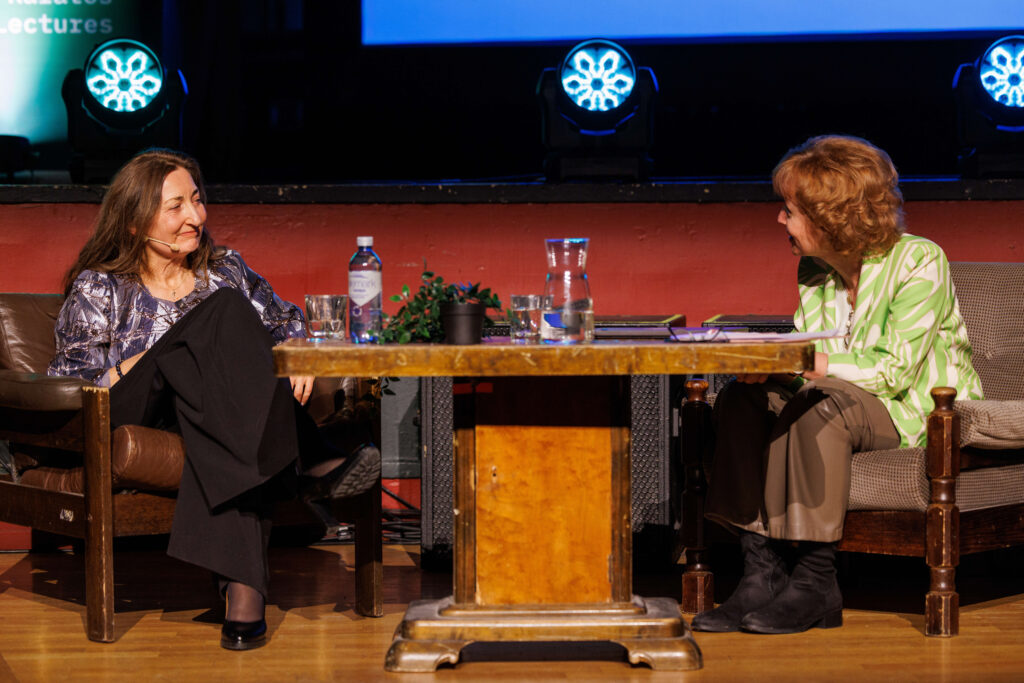
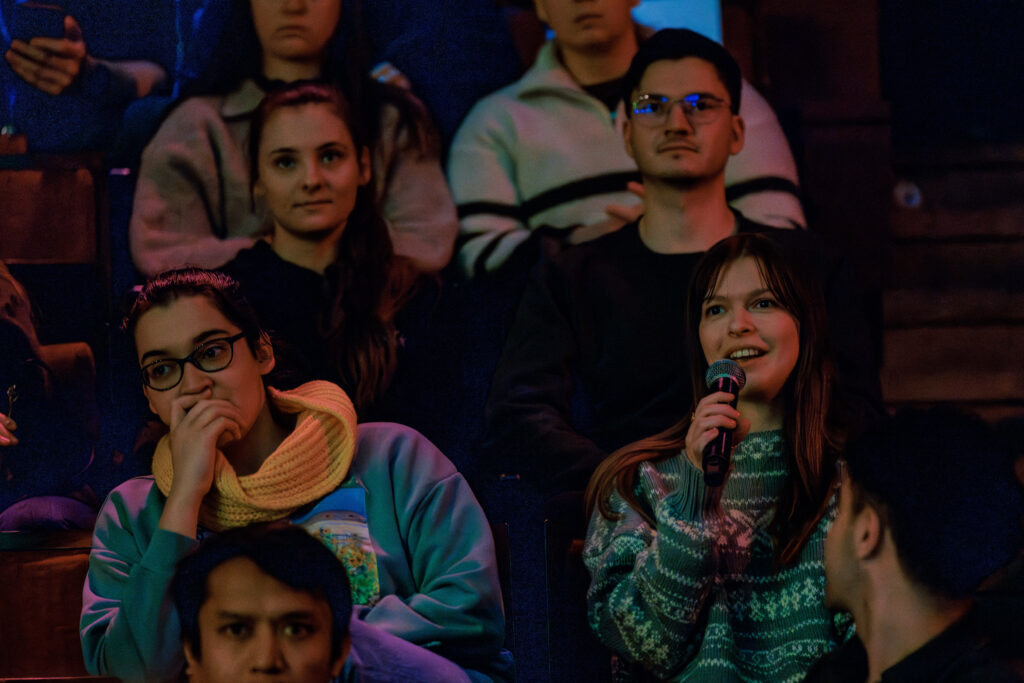

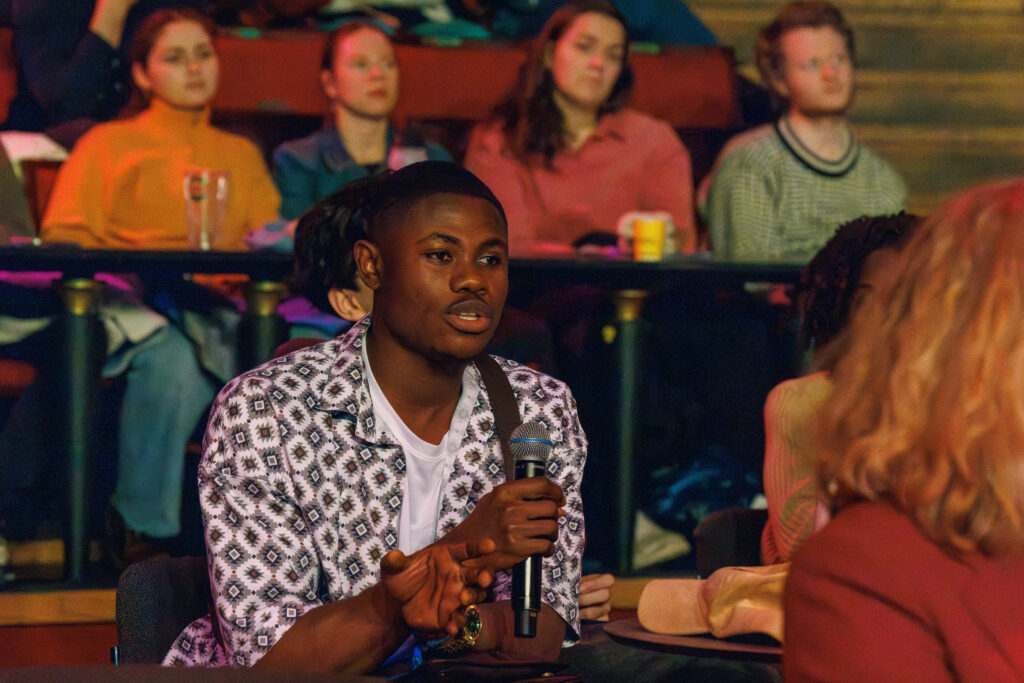

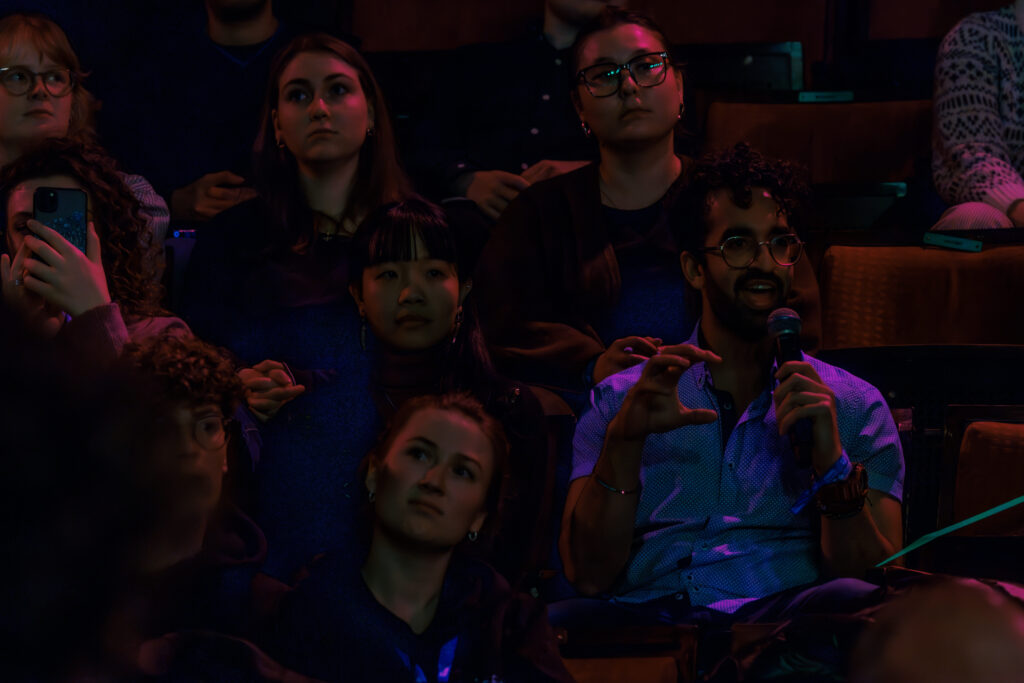
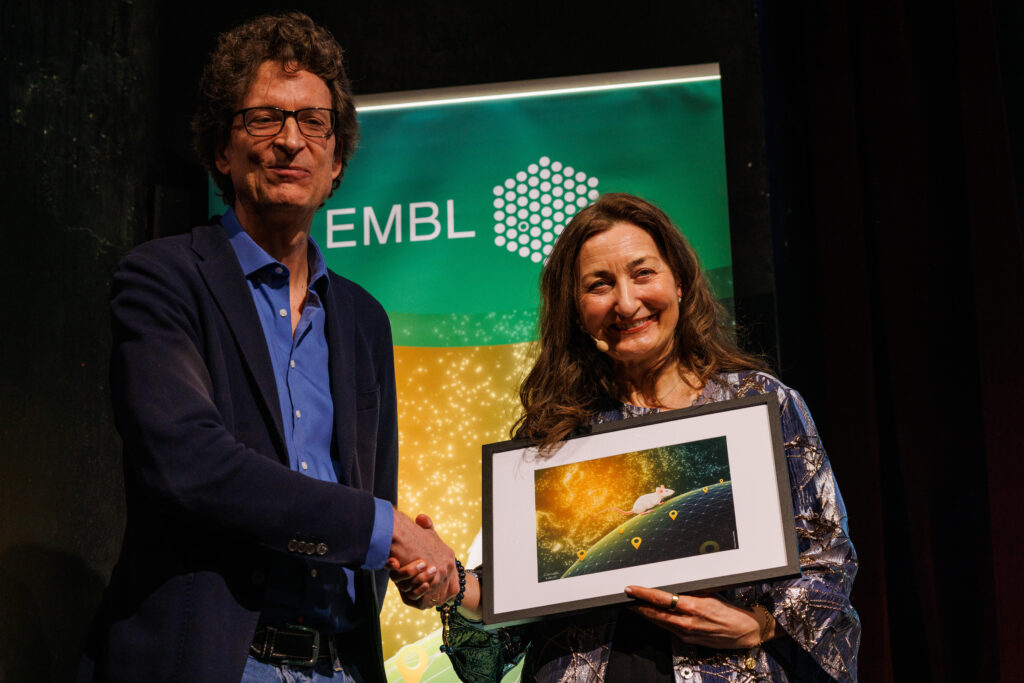
Programme
| Tuesday 18 March | |
| 18:00-18:05 CET | Word of welcome EMBL Head of Alumni Relations Mehrnoosh Rayner iSFiT President Aurora Kolstad |
| 18:05-18:10 CET | Introduction Head of EMBL Rome Cornelius Gross |
| 18:10-18:40 CET | 2025 Kafatos Lecture by Nobel Laureate May-Britt Moser The Power of Science: Uncovering the Algorithms of the Brain |
| 18:40-19:10 CET | Q&A with May-Britt Moser Moderated by EMBL Head of Science Education and Public Engagement Agnes Szmolenszky |
| 19:10-20:10 CET | Drinks reception |
Information for participants
ISFiT 2025 – The International Student Festival in Trondheim, Norway
Venue: Studentersamfundet i Trondhjem (The Student Society in Trondheim)
Elgeseter Gate 1
7030 Trondheim, Norway
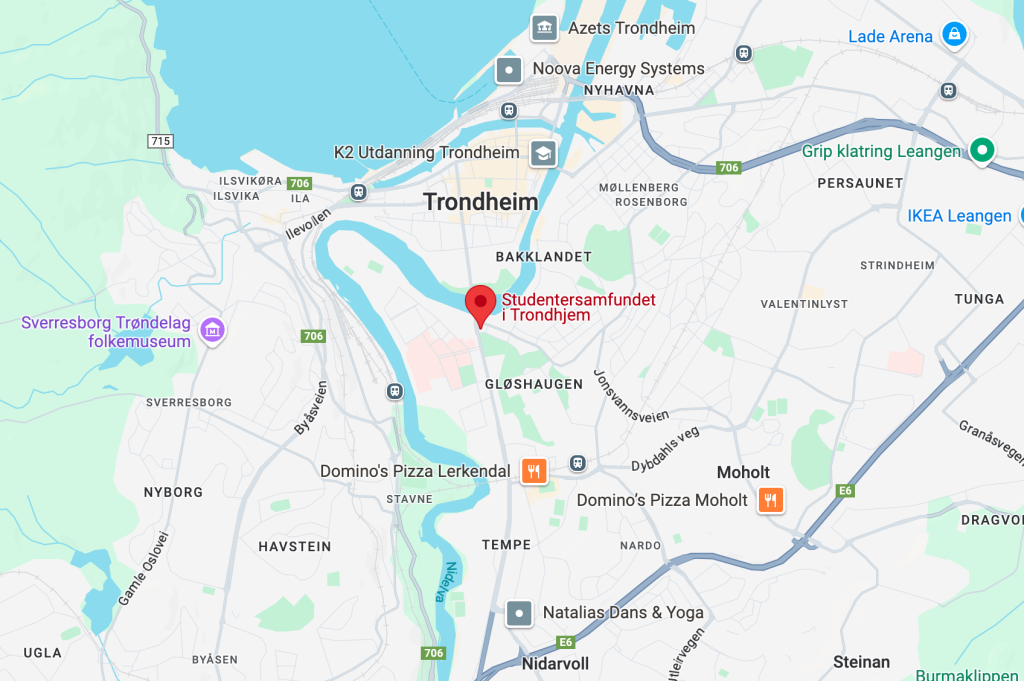
About
May-Britt Moser
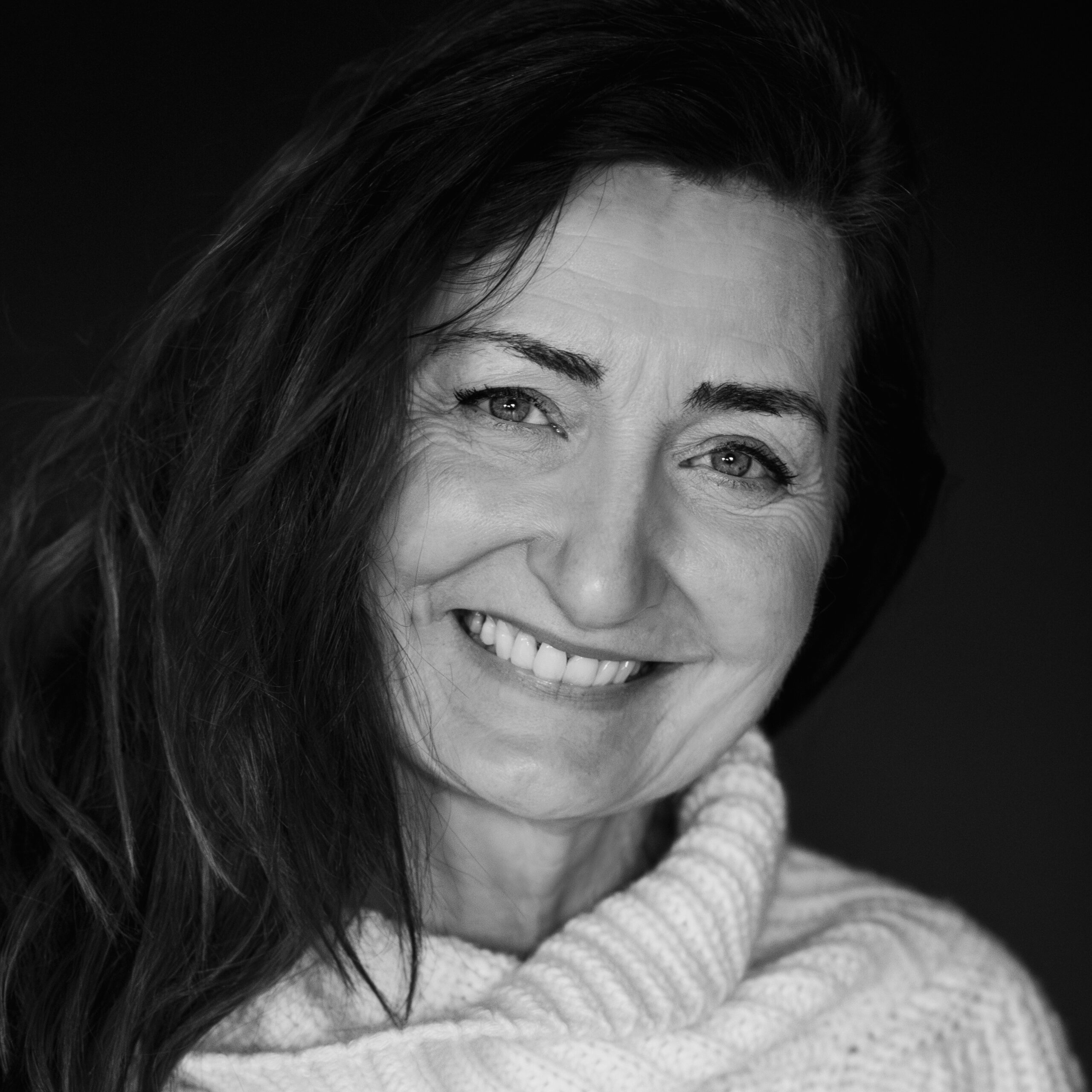
May-Britt Moser, Co-Director of the Kavli Institute for Systems Neuroscience in Norway, has made transformational contributions to neuroscience through her pioneering work on the brain’s spatial navigation system. Her groundbreaking research, conducted in collaboration with Edvard Moser, revealed how the brain uses “grid cells” in the entorhinal cortex to create an internal coordinate system, enabling navigation and spatial memory. This discovery earned her the Nobel Prize in Physiology or Medicine in 2014, shared with Edvard Moser and John O’Keefe.
The identification of grid cells was a major breakthrough, providing unparalleled insights into how the brain maps environments and processes spatial information. This work has had profound implications for understanding memory, cognition, and neurological conditions like Alzheimer’s disease, where these systems often deteriorate.
Moser continues to lead innovative research into the brain’s mechanisms, fostering a collaborative environment that inspires the next generation of neuroscientists. Her discoveries remain at the forefront of neuroscience, offering immense potential for advancing treatments for cognitive disorders.
Lecture title:
“The Power of Science: Uncovering the Algorithms of the Brain“
The Kafatos Lectures
The Kafatos Lectures aim to bring groundbreaking and relevant life sciences research to the worldwide public, making it accessible and highlighting its day-to-day societal impact. Whether you’re a high school student, a world-class scientist or someone with a non-scientific background, this lecture is tailored for you. The only requirements are enthusiasm and curiosity.
Thank you to the Bodossaki Foundation for their generous support of the Kafatos Lectures.
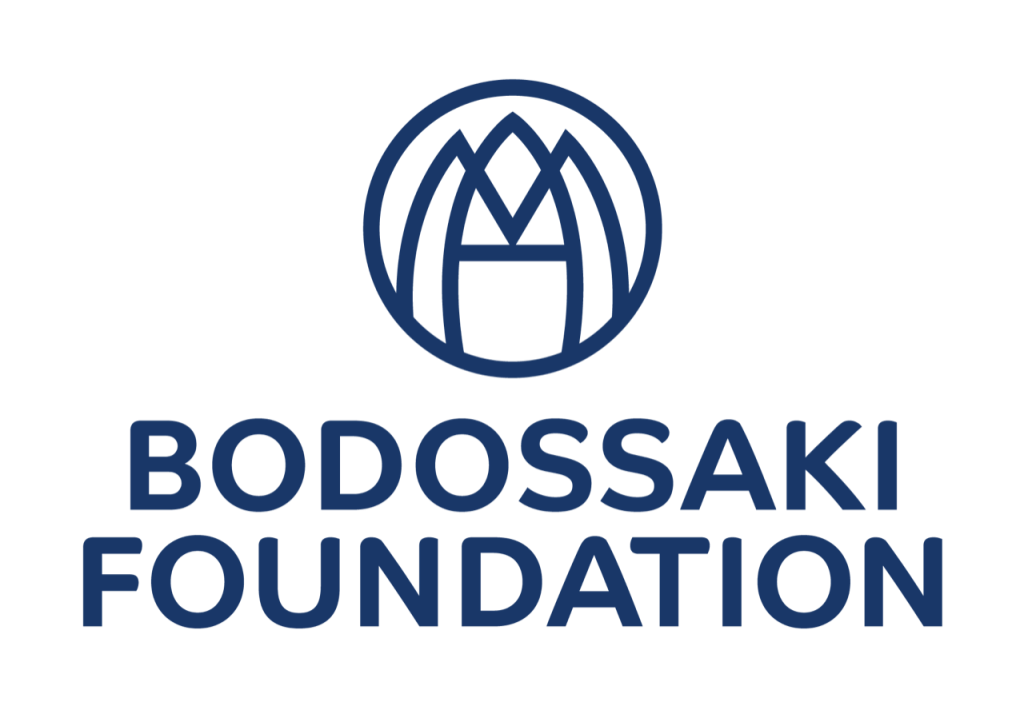
Thank you to the following 2025 Kafatos Lectures partners/co-organisers:
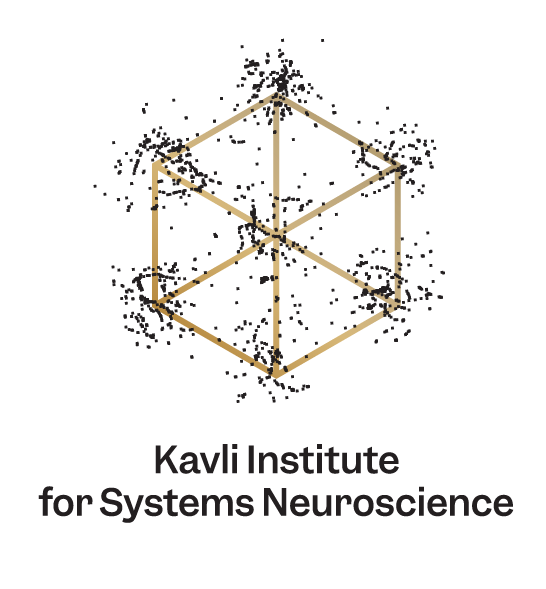

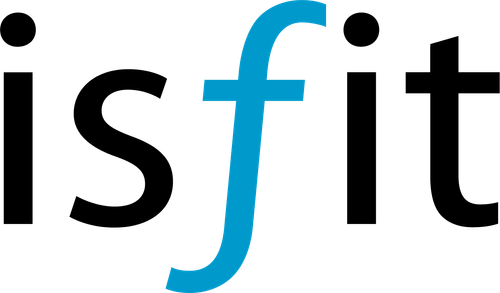
Date: 18 Mar 2025
Location: Hybrid
Time: 18:00
Venue: The Student Society in Trondheim
Deadline(s):
Registration: Closed
Organisers:
-
EMBL Alumni Relations
-
The International Student Festival in Trondheim (ISFiT)
-
Kavli Institute for Systems Neuroscience (KISN)
-
Norwegian University of Science and Technology (NTNU)
Contact: Mehrnoosh Rayner